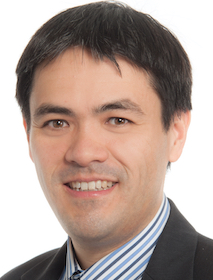- Collagen is the most abundant protein in the human body and serves as a strengthener of the tissues it is present in.
- In the Skin, collagen is located in the dermis and its meshwork is responsible for its tensile strength (and volume although to a lesser extend than hyaluronic acid).
- Its synthesis is a complex pathway taking place first in cells called fibroblasts, from procollagen and involves different cell components (called organelles): Ribosomes, Endoplasmic Reticulum, Golgi Apparatus. It then assembles in fibers outside of the cell (extracellular environment).
- Different types are identified, collagen I making about 90% of the total in the body.
- Collagen VII serves to anchor the epidermis (via the basement membrane) to the rest of the skin.
- Collagen IV is the main type in the basement membrane.
- Collagen loss is linked to wrinkling and certain inherited diseases such as Ehlers-Danlos syndrome and Epidermolysis Bullosa (Dystrophic type, collagen VII).
- Vitamin C is essential in collagen synthesis within the cell (a process called hydroxylation of amino acids): deficiency leads to Scurvy. Collagen shows its role as the gums of the teeth are unable to retain them, and they fall.



 +41 22 738 18 48
+41 22 738 18 48